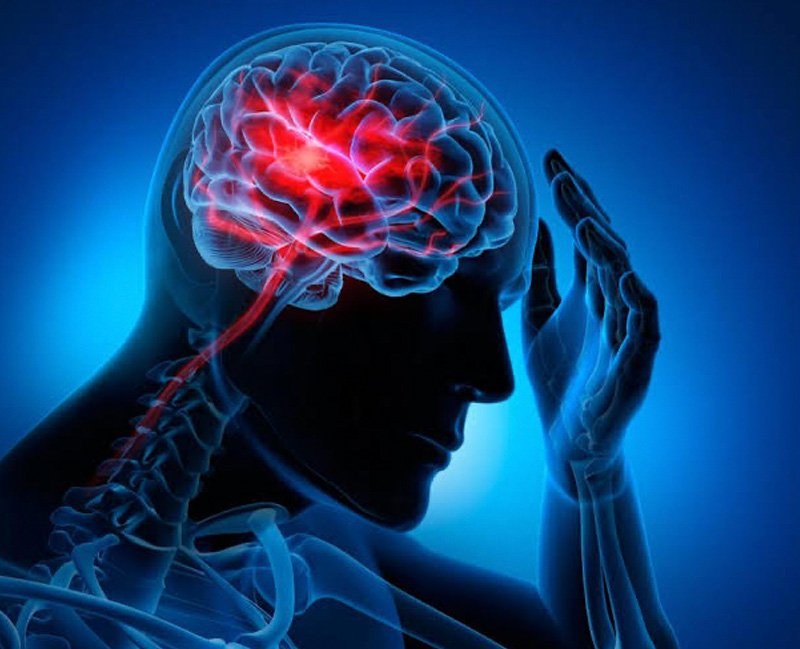
Say it ain’t so!
According to a new research, which is under peer review at the journal Altex and yet to be published, the Coronavirus may be capable of infecting the brain and replicating within the brain cells which means the virus levels increase tenfold within three days.
The study aimed to look at the neurological effects of COVID-19. Scientists injected lab-grown brains with the virus and discovered the virus entered neurons in the artificial brains, made copies of itself, increasing the levels of virus by ten times in just three days.
“It is really critical to know that our most precious organ can be directly affected by the virus,” said Thomas Hartung, a professor at Johns Hopkins Bloomberg School of Public Health.
Hartung and his team’s research was unable to prove whether the virus can get past the blood-brain barrier of the brain that protects the organ against many viruses and chemicals, as well as often prevents infections. This is because the lab grown brains lack the blood brain barrier, despite sharing other features with real brains.
“Whether or not the Sars-Cov-2 virus passes this barrier has yet to be shown, but it is known that severe inflammations, such as observed in Covid-19 patients, make the barrier disintegrate,” Hartung told The Financial Times.
More research into the neurological impacts of the virus could have important implications for treating patients, the report said.
If the virus does infect the brain, certain medications would not be effective since some cannot get past the blood-barrier, according to the report.
All in all, the research does not prove the virus will have these devastating effects on real human brains, but does prove the possibility exists. Only time will tell.


